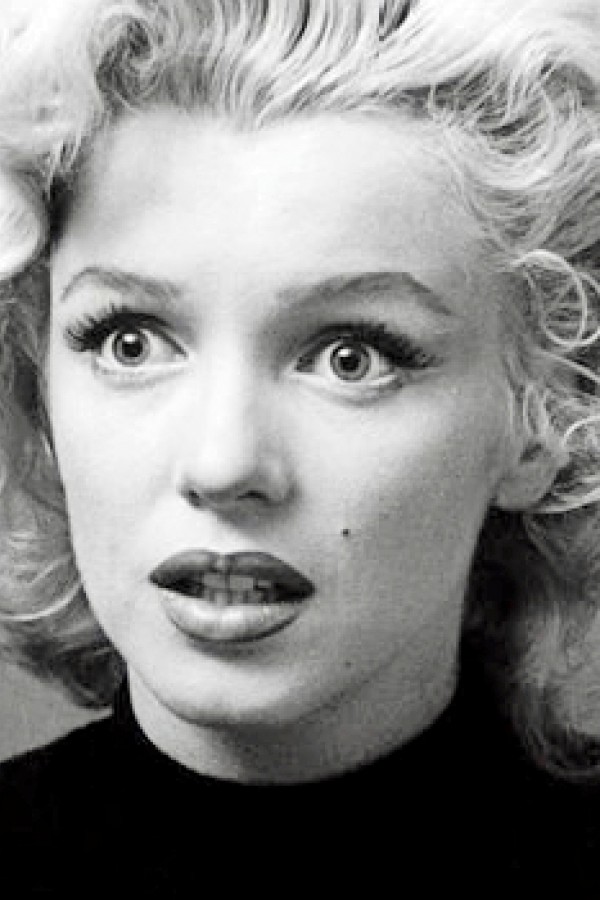Marilyn Monroe, 1926–1962

Date: 1926–1962
City of birth: Los Angeles Country of birth: United States Field of activity: Culture — film, performance More detail coming ...
Quotes
Author
Ayn Rand
Speaker
Ayn Rand
Title of the publication
‘Ayn Rand Column’
Other contributors
n/a
Publisher (or journal name with vol. and number)
Los Angeles Times
City of publication
Los Angeles
Country of publication (modern nation-state equivalent)
United States of America
Publication date
19 August 1962
Other location
https://courses.aynrand.org/works/through-your-most-grievous-fault/
Original language
English
Genre
Newspaper article
Context
In 1962 Ayn Rand accepted an invitation to write a weekly column for the Los Angeles Times. The column became enormously popular, covering a wide variety of topics: from the welfare state to freedom of speech to foreign policy to the death of Marilyn Monroe published on 19 August 1962, two weeks after Monroe’s death on 5 August. The column was later included in Rand’s books The Voice of Reason: Essays in Objectivist Thought (1989) and The Ayn Rand Column (1991 and 1998).
Author
Marilyn Monroe
Speaker
Marilyn Monroe
Title of the publication
‘A Last Long Talk with a Lonely Girl’
Other contributors
Richard Meryman, Interviewer/Associate Editor
Publisher (or journal name with vol. and number)
Life Magazine
City of publication
New York
Country of publication (modern nation-state equivalent)
United States of America
Publication date
17 August 1962
Location [pp. or web]
https://www.life.com/people/marilyn-monroe-life-magazine-covers-photos/
Other location
https://www.theguardian.com/theguardian/2007/sep/14/greatinterviews; http://www.marilynmonroe.ca/camera/mags/life62.htm
Original language
English
Genre
Interview
Context
A few weeks before her death, Marilyn Monroe, talked at length to Life Magazine Associate Editor Richard Merryman about the effects of fame on her life.



